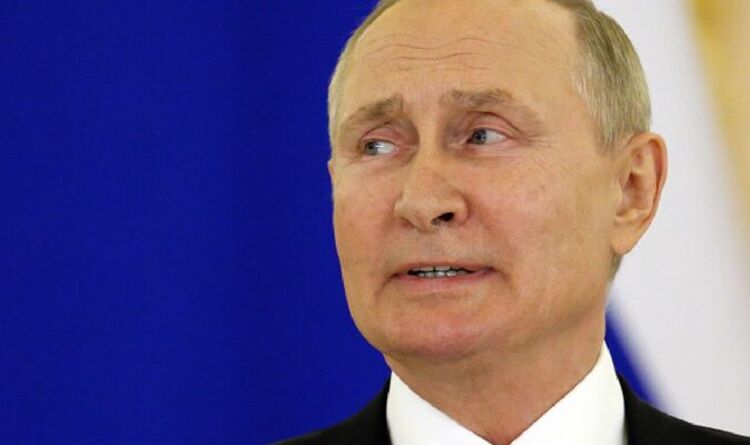By Leah Douglas
(Reuters) – The United States must increase food aid to prevent millions of people starving as Russia's invasion of Ukraine threatens global grain supplies, members of the U.S. Senate's bipartisan hunger caucus said.
Congress passed $13 billion in aid for Ukraine on March 9, but the $2.65 billion earmarked in the package for food and other humanitarian aid does not go far enough to address food shortages globally, the Senators say.
They will seek billions more dollars as part of any future COVID-19 or Ukraine relief bill, a Congressional staffer with knowledge of the plans said.
“Democrats and Republicans in Congress need to quickly come together and approve emergency global food aid in order to prevent tens of millions of people, including millions of children, from dying of starvation,” Sen. Cory Booker, a Democrat from New Jersey, told Reuters.
The United Nations' World Food Programme (WFP) says it is facing a $9 billion funding shortfall. Before the invasion, 44 million people in 38 countries were on the brink of famine, according to the agency.
Now, the flood of refugees from Ukraine and disruptions to the country’s spring planting season threaten to drive worldwide hunger to “catastrophic” levels, WFP executive director David Beasley said.
Russia and Ukraine together account for about 25% of the world’s wheat exports, and WFP gets about 50% of its commodities from Ukraine.
“This is unprecedented,” Beasley said.
In addition to legislation, lawmakers are looking to the Bill Emerson Humanitarian Trust, a $260 million fund for international food aid managed by USDA and the U.S. Agency for International Development (USAID).
Sen. Jerry Moran, a Republican from Kansas, wrote to Agriculture Secretary Tom Vilsack on March 3 urging him to draw on the funds.
“It is critical to utilize every tool at your disposal to meet these challenges,” Moran wrote of hunger crises in Afghanistan and Ukraine.
Moran has not heard from USDA or USAID on this proposal, a staffer told Reuters.
USDA referred questions about the trust to USAID, which did not immediately respond to a request for comment.
(Reporting by Leah Douglas; Editing by Alison Williams)
Source: Read Full Article
